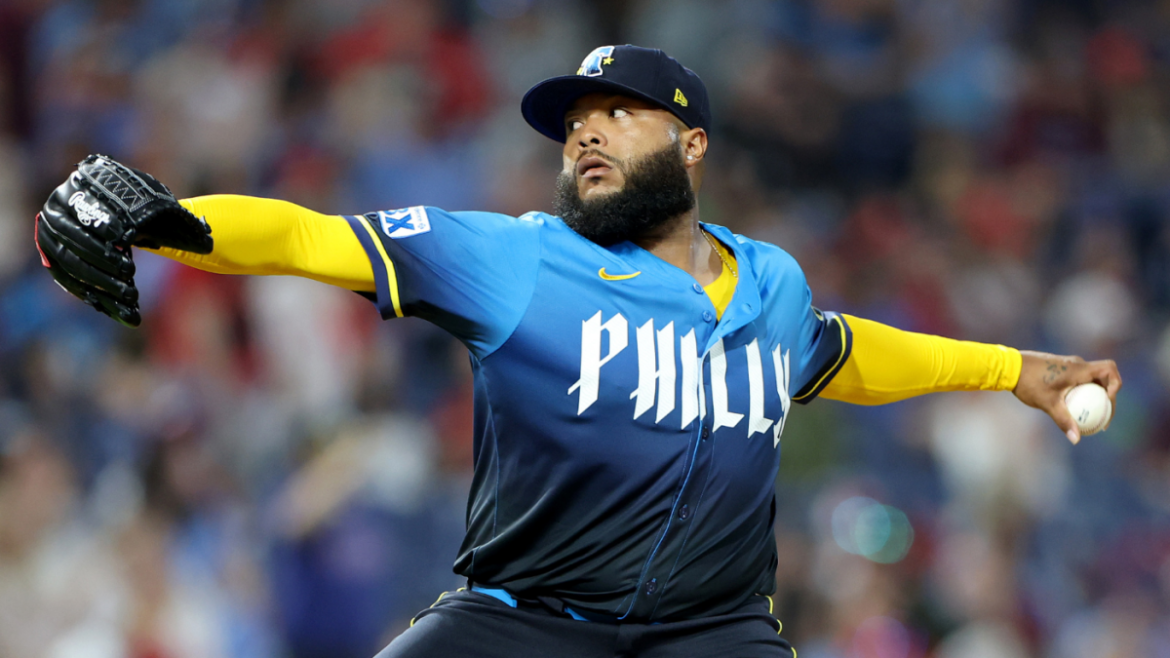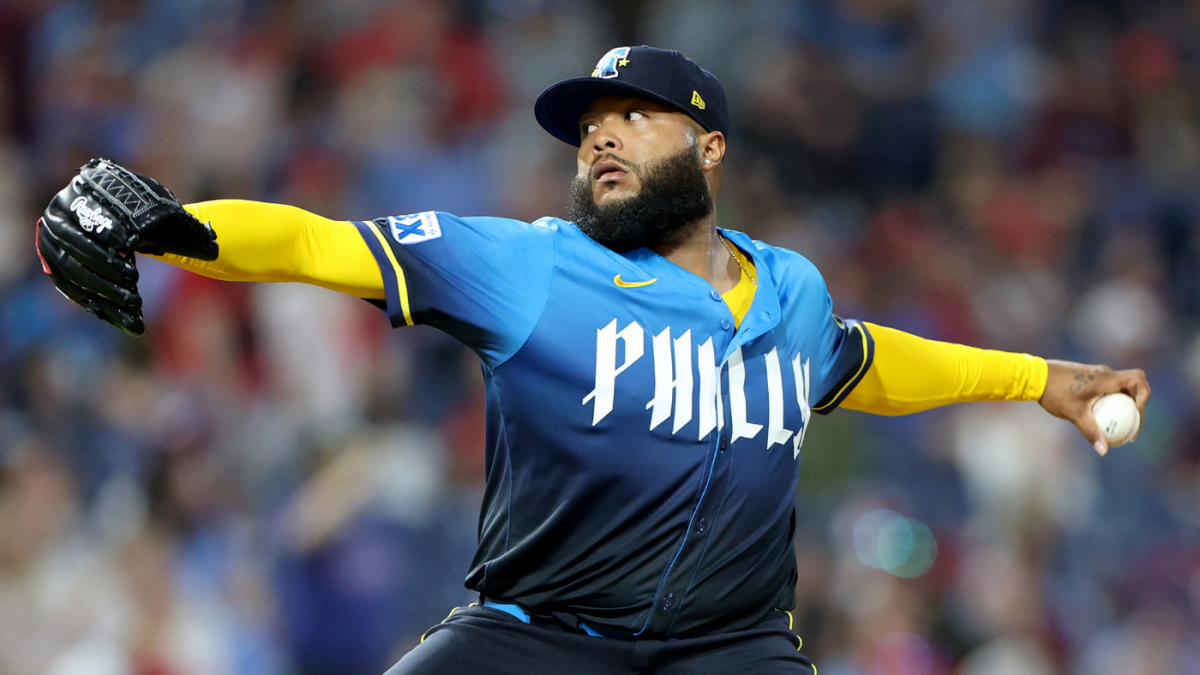The suspension of Philadelphia Phillies reliever José Alvarado represents a significant development in both the player’s career and the Phillies’ season prospects, highlighting the ongoing challenges Major League Baseball faces with performance-enhancing drug (PED) violations. The 80-game ban without pay, stemming from a positive test for exogenous testosterone, not only sidelines Alvarado from a sizable portion of the regular season but also renders him ineligible for postseason participation, potentially impacting the Phillies’ playoff ambitions.
Context and Significance of the Suspension
José Alvarado has been a critical asset to the Phillies bullpen, known for his velocity and consistency as one of the sport’s hardest-throwing left-handed relievers. At the start of the season, he was among Philadelphia’s most reliable pitchers, boasting impressive statistics including a notably low earned run average (ERA) and a strong win-loss record. Such production in the bullpen is often pivotal for teams contending in tight division races, such as the Phillies who currently find themselves close behind their National League East rivals.
The announcement of Alvarado’s suspension immediately removes a key piece from the Phillies’ pitching arsenal. Losing an established closer or high-leverage reliever can destabilize late-inning strategies, forcing Philadelphia to scramble for suitable replacements at a critical juncture of the season. This setback comes despite the team’s solid overall performance, which includes a winning record and competitive positioning in the division standings.
MLB’s Drug Policy and Enforcement
The 80-game suspension aligns with Major League Baseball’s Joint Prevention and Treatment Program, a framework designed to deter PED use and maintain a level playing field. Testing positive for exogenous testosterone—a synthetic version of a naturally occurring hormone that boosts muscle mass and performance—constitutes a clear violation of these rules. The suspension protocol explicitly includes postseason ineligibility starting immediately upon announcement, signaling strict consequences for violations.
The Phillies expressed full support for MLB’s regulations through an official team statement, underscoring a commitment to clean competition. This disciplined stance is emblematic of MLB’s ongoing efforts to combat doping after decades of controversies in the sport. By enforcing immediate and substantial suspensions, the league aims to preserve the integrity of baseball and discourage future infractions.
Consequences for the Phillies and Team Dynamics
Alvarado’s suspension reverberates beyond the statistics lost on the mound. Within the clubhouse, the absence of a key player due to disciplinary reasons can affect team morale and cohesion. Moreover, from a strategic standpoint, the Phillies’ bullpen depth will be tested as backup pitchers step into roles that may exceed their usual responsibilities.
Philadelphia’s management faces the dilemma of restructuring bullpen usage and possibly seeking external reinforcement through trades or minor league call-ups to stabilize the relief corps. This development may also influence the team’s approach to playoff aspirations, as postseason success often hinges on reliable bullpen performances in high-pressure moments.
The suspension could also serve as a cautionary example within the organization, prompting increased education and vigilance regarding PED policies. While maintaining competitiveness remains a priority, adherence to rules governing fair play is essential to the club’s reputation and long-term success.
Broader Implications for MLB and Player Conduct
José Alvarado’s case is another instance in MLB’s ongoing battle against PED use, reinforcing the message that violations carry serious penalties. This incident highlights the pressures athletes face in elite sports environments, where performance demands can sometimes lead individuals to seek illicit advantages.
The public nature of suspensions and the involvement of prominent players elucidate the visibility of the issue. MLB’s firm response serves to remind players and fans alike that PEDs undermine the sport’s authenticity and the athletes’ natural talents. It also stresses the league’s commitment to transparency and accountability.
In the evolving landscape of professional baseball, continuing to address PED use remains a critical priority. Cases like Alvarado’s contribute to the development of policies and detection methods aimed at safeguarding the sport’s integrity.
Conclusion: A Setback With Lessons Ahead
José Alvarado’s 80-game suspension for testing positive for exogenous testosterone shakes the Philadelphia Phillies at a pivotal time during their competitive campaign. Beyond immediate challenges to their bullpen effectiveness and postseason prospects, this suspension spotlights larger issues surrounding PED enforcement in Major League Baseball.
For the Phillies, this development demands strategic adaptation and resilience. For the league, it reiterates the importance of vigilant drug testing and consistent penalties to uphold fair competition. And for players, it underscores the enduring risks associated with PED use, both professionally and personally.
Ultimately, while this incident is a disappointment for all involved, it also serves as a crucial reminder of the values underpinning sport—integrity, fairness, and respect for the rules—and the continuous effort required to maintain them in baseball’s highest ranks.





